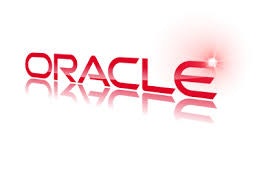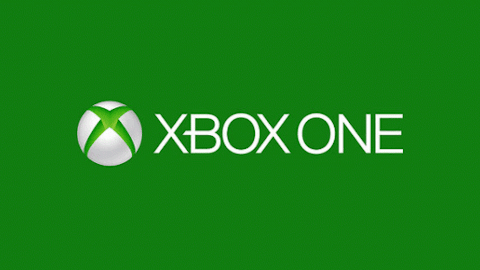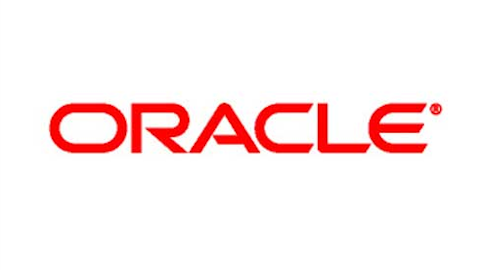
First, and most important, it agreed to let its database software and Java language run on Microsoft Corporation (NASDAQ:MSFT) Azure cloud. It had already been running on Windows server.
Second, it made peace with rival salesforce.com, inc. (NYSE:CRM), with the Software as a Service vendor agreeing to buy both Oracle hardware and software going forward.
What does this mean for all three companies?
Microsoft gets cloud relevance
Microsoft Corporation (NASDAQ:MSFT) is the big winner in this.
The company has been lagging in the cloud wars for some time, because its Azure is not an infrastructure, but a platform, with all the tools needed for companies to move applications to the cloud.
What makes this a problem? Cost, and the vendor lock-in inherent in becoming dependent on one company’s tools for your technology future.
Even after the company announced it would sell “bare-bones” infrastructure and set its prices to match those of Amazon.Com, which is leading in the public cloud race, Microsoft seemed unable to gain traction.
The Oracle Corporation (NASDAQ:ORCL) deal changes this. Oracle has a ton of enterprise customers who want workloads moved to cloud eventually, and this gives them a way to do so in a way that’s price-competitive with what Amazon offers.
This will create a short-term hit to earnings – Amazon isn’t making money on cloud so chances are Microsoft Corporation (NASDAQ:MSFT) won’t either – but it will make for top-line growth, and provide huge opportunities for cross-selling to companies that had standardized on Windows years ago.
This doesn’t solve Microsoft’s bigger problem – the rise of Bring Your Own Device (BYOD) programs at large companies which heavily favor Google Android and Apple’s iOS – but it’s a big win nonetheless.
Oracle gets into cloud
For Oracle Corporation (NASDAQ:ORCL) the Microsoft Corporation (NASDAQ:MSFT) deal was a necessity, and the salesforce.com, inc. (NYSE:CRM) deal is a pure win.
For the last year Oracle has been selling something called “Oracle Cloud” which is, as David Linthicum of Gigaom has said repeatedly, actually “faux cloud.” When your “cloud” is based entirely on proprietary hardware and software, when it requires expensive purchases of big iron servers like those Oracle Corporation (NASDAQ:ORCL) brands as Exadata, it doesn’t matter that the result lets you do virtualization and share work loads among many devices. You’re not getting the savings cloud promises.
Now, Oracle can keep those customers and give them a cost-effective solution for real cloud workloads. It will probably lose some Exadata sales over this, but those were sales it was going to lose anyway, because companies concerned about “faux cloud” were looking to ditch Oracle Corporation (NASDAQ:ORCL) entirely. This prevents that.
As to salesforce.com, inc. (NYSE:CRM), this is a big win for Oracle. It means money coming into the Exadata unit. It means peace in our time with a leading vendor or Oracle solutions. And the word will now go out, plainly, that these are in fact Oracle Corporation (NASDAQ:ORCL) solutions, which should help the company’s sales staff going forward.
What did Salesforce.com do?
On the surface this doesn’t make sense for salesforce.com, inc. (NYSE:CRM). In the long run, maybe it doesn’t.
But in the short-term, over the next year or two, this is an important deal, and it provides Salesforce.com CEO Marc Benioff with an eventual escape hatch.
There is a difference between “cloud” and Software as a Service, or SaaS. SaaS may be built on a cloud, but what is being offered is a software application, and the results delivered by that application. The salesforce.com, inc. (NYSE:CRM) ticker symbol is CRM, which stands for Customer Relationship Management. That’s an application, built on an Oracle database, that the company has been renting since its founding.
The margins on SaaS can be much wider than for plain cloud infrastructure. They’re even wider than for cloud platforms, which basically just give you the tools with which to write software. There’s also lock-in, by definition, in a SaaS system. Moving to another provider means moving all your data, and perhaps changing all the software – including software you may have written – running on top of the application.
So Benioff now has a clear path for what he calls “cloud” but which is as much cloud as “Oracle Cloud.” Salesforce.com is, and always was, a proprietary program written in a proprietary database running on proprietary hardware. Instead of fighting with Oracle Corporation (NASDAQ:ORCL), Benioff is now allied with it. And when the time comes, he can probably sell his company to Oracle at a profit, if only by threatening to someone else.
The Foolish bottom line
The most important point to remember here is that all these moves are defensive in nature. Microsoft is fighting Amazon, Oracle is fighting cloud, and salesforce.com, inc. (NYSE:CRM) was fighting Oracle Corporation (NASDAQ:ORCL).The end of those fights will be bullish for investors in the near term.
Over the long run, the problems that brought these companies to the table remain. That’s why Oracle actually fell – it had a weak sales report. It’s why Microsoft Corporation (NASDAQ:MSFT) and Salesforce.com have barely moved – the proof of this pudding will be in the eating.
Investors might consider speculating on Microsoft after this, but I would avoid Oracle Corporation (NASDAQ:ORCL) and Salesforce.com until they prove the validity of what they’ve done with sales and earnings.
The article Oracle Closes a Door and Opens a Window on Cloud originally appeared on Fool.com and is written by Dana Blankenhorn.
Dana Blankenhorn has no position in any stocks mentioned. The Motley Fool recommends salesforce.com, inc. (NYSE:CRM). The Motley Fool owns shares of Microsoft Corporation (NASDAQ:MSFT) and Oracle Corporation (NASDAQ:ORCL). Dana is a member of The Motley Fool Blog Network — entries represent the personal opinion of the blogger and are not formally edited.
Copyright © 1995 – 2013 The Motley Fool, LLC. All rights reserved. The Motley Fool has a disclosure policy.





